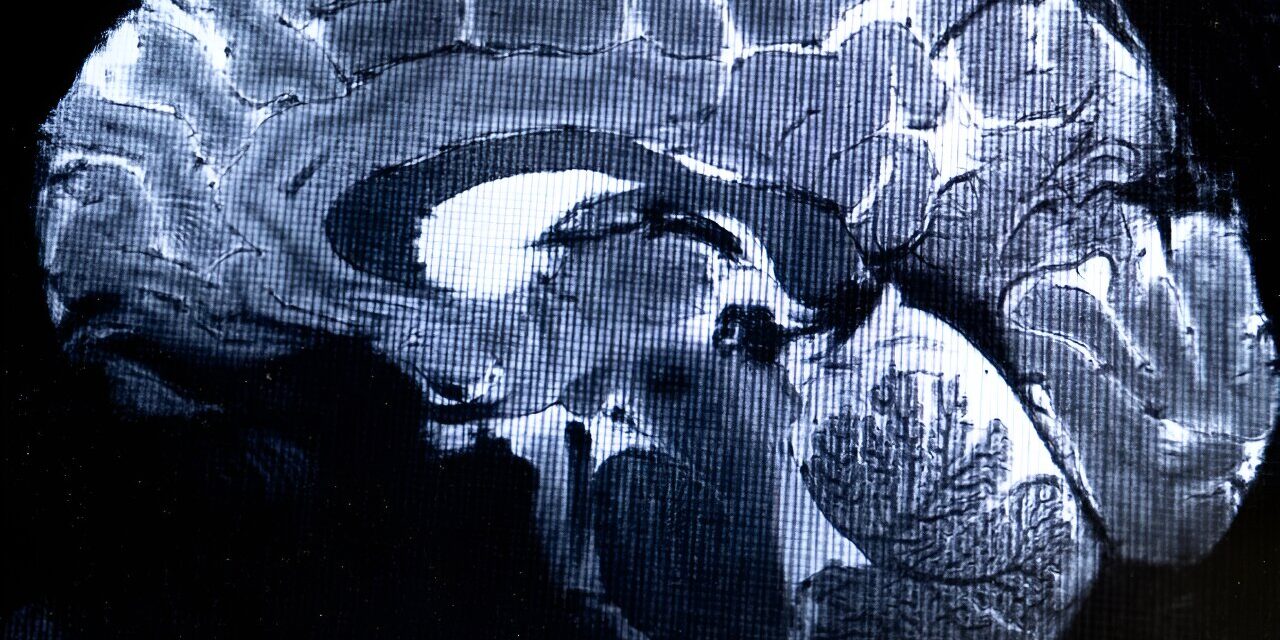In the pursuit of understanding the complex and often mysterious nature of autism spectrum disorder (ASD), brain tissue donations are becoming increasingly vital. Despite the immense value these samples provide in scientific research, donations remain rare and difficult to obtain. Families of individuals with autism are increasingly recognizing the profound impact that brain donation can have on advancing research, shedding light on a condition that continues to perplex scientists and clinicians alike.
A study published in December 2024 in Frontiers in Neurology highlights the critical role that postmortem brain tissue plays in autism research. According to the researchers, the biological mechanisms underlying autism remain poorly understood. While the symptoms of autism vary widely—from anxiety and sleep disturbances to epilepsy and gastrointestinal issues—no conclusive explanation for its root causes or precise diagnostic markers has been established. The study stresses the importance of more research to unravel these mysteries, noting that the current state of clinical care often remains suboptimal.
The Role of Brain Tissue in Autism Research
The study underscores the significance of brain tissue as a tool to advance autism research. David G. Amaral, Scientific Director of Autism BrainNet and a professor at the UC Davis MIND Institute, explains that postmortem brain analysis is the most direct method to explore the brain at both the cellular and molecular levels. This research could ultimately lead to better approaches for managing autism based on the individual needs and abilities of those affected by the disorder.
“Once we have access to postmortem tissue, we can study it in ways that would be impossible with live tissue,” said Amaral. “This vital research could lead to breakthroughs that shape future treatments, interventions, and supports for individuals with autism.”
The Emotional Aspect of Brain Donation
While the concept of brain donation may seem daunting, families of autistic individuals are increasingly viewing it as a meaningful contribution to scientific progress. Autism BrainNet, a program designed to educate families about brain donation, emphasizes the opportunity to create a legacy of hope for future generations. Amaral notes that, although the loss of a loved one is painful, many families find solace in knowing that their donation may contribute to a greater understanding of autism and lead to improved care for others.
“Despite the grief of losing a loved one, we often hear from families that working with Autism BrainNet helps keep the memory of their loved one alive and builds on the legacy they leave,” said Amaral. “It brings something positive and hopeful to an otherwise traumatic event.”
Reducing the Stress of Decision-Making
Autism BrainNet encourages families to learn about the donation process before the end of life becomes imminent. Understanding the procedure beforehand can alleviate the stress of making a difficult decision during an already overwhelming time. The program offers a 24/7 hotline and a website to guide families through the donation process, answering any questions and providing information about what to expect.
Once a family provides consent for donation, Autism BrainNet takes care of all logistics at no cost to the family. The donated brain tissue is then stored in state-of-the-art facilities for future research.
The Need for Continued Research
Amaral stresses that more research into autism is essential for understanding the disorder’s many complexities. “Autism comes from the brain, yet precise causes and mechanisms are poorly understood. The analysis of brain tissue is crucial for understanding the neurobiological aspects of autism and for developing personalized approaches to treatment,” he said.
As research into autism continues to evolve, the importance of brain tissue donations cannot be overstated. Families who consider this generous act are playing an integral role in advancing autism science, offering hope for a future where better treatments and understanding are available to all individuals on the autism spectrum.
For more information on brain donation, visit the Autism BrainNet website or the UNITE Brain Bank, which also provides resources on postmortem brain donations.
Reference:
Marvin R. Natowicz et al, “A Most Important Gift: The Critical Role of Postmortem Brain Tissue in Autism Science,” Frontiers in Neurology (2024). DOI: 10.3389/fneur.2024.1486227












